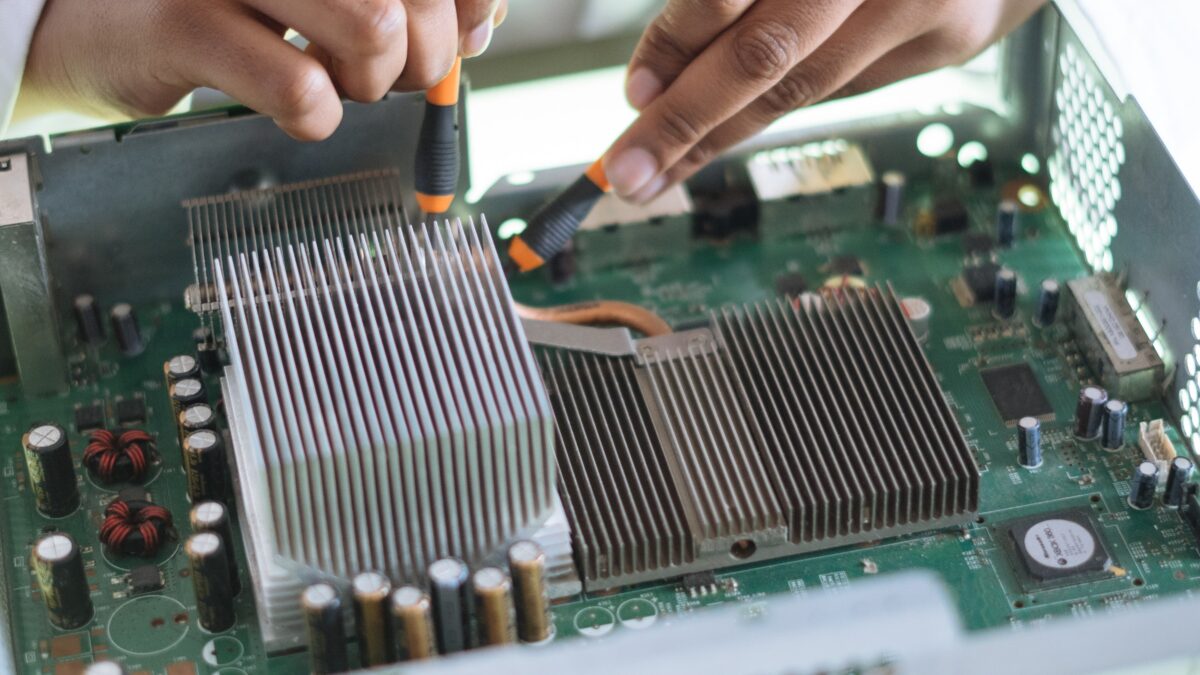
In today's world, electronics have become an integral part of our lives. From smartphones to laptops, from televisions to refrigerators, we are surrounded by electronic devices. But have you ever wondered where these electronics come from? In this comprehensive guide, we will explore the origins of electronics and the complex supply chain that brings them to our homes.
The Beginning of Electronics
The history of electronics dates back to the late 19th century when scientists discovered the properties of electricity. The invention of the vacuum tube in the early 20th century paved the way for the development of electronic devices such as radios and televisions. However, it was the invention of the transistor in 1947 that revolutionized the electronics industry and led to the development of modern electronics.
The Electronics Supply Chain
The electronics supply chain is a complex network of manufacturers, suppliers, distributors, and retailers. The process begins with the mining of raw materials such as copper, gold, and silver, which are used to make electronic components. These components are then assembled into electronic devices by manufacturers, who sell them to distributors and retailers.
The supply chain is global, with different countries specializing in different stages of the process. For example, China is a major manufacturer of electronic devices, while countries such as Chile and Peru are major producers of copper.
The Impact of Electronics on the Environment
The production and disposal of electronics have a significant impact on the environment. The mining of raw materials can lead to deforestation, soil erosion, and water pollution. The production of electronic devices consumes a large amount of energy and generates greenhouse gas emissions. The disposal of electronic waste can also lead to environmental pollution and health hazards.
To address these issues, many electronics manufacturers have implemented sustainable practices such as using recycled materials and reducing energy consumption. Governments and organizations have also implemented regulations and initiatives to promote the responsible disposal of electronic waste.
Conclusion
In conclusion, electronics have become an essential part of our lives, but their origins and impact on the environment are often overlooked. Understanding the complex supply chain and the environmental impact of electronics can help us make informed decisions about the products we use and the companies we support.

